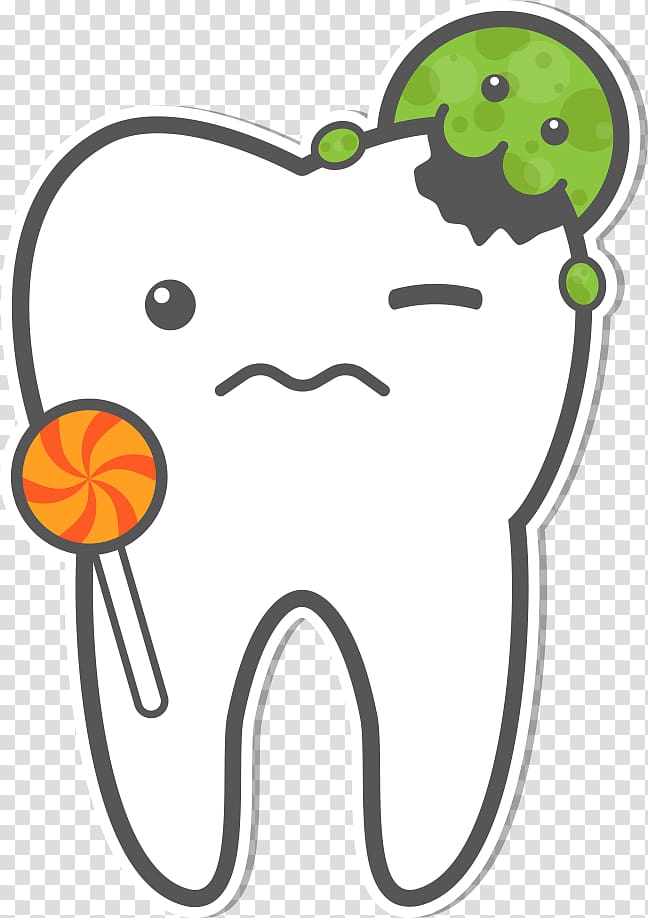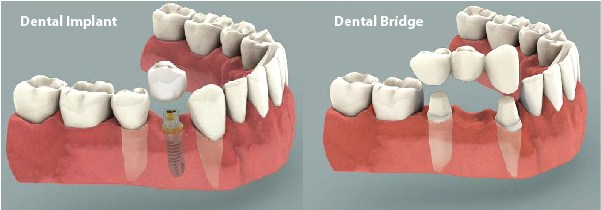How to deal with gingivitis
February 26th, 2024
Have you ever heard of gingivitis? It can be a very serious disease if not controlled. There are several signs and symptoms of gingivitis:
1. Red and/or swollen gums: Gingivitis causes inflammation of the gums, causing the gums to become red, swell, and be tender.
2. Bleeding gums: One of the most common signs of gingivitis is the gums bleed during brushing or flossing. Healthy gums should not bleed.
3. Bad breath: Gingivitis can cause consistently bad breath or a bad taste in the mouth, even after brushing and using mouthwash.
4. Receding gums: As gingivitis gets worse the gums may start to pull away from the teeth which can cause major issues.
5. Loose or shifting teeth: In serious cases of gingivitis, the teeth can be affected and teeth can become loose.
6. Pus between teeth and gums: If there is pus or discharge between teeth and gums, it may mean an infection developed which is caused by gingivitis.
If you experience any of these symptoms, it is important to visit a dentist. There are ways to prevent gingivitis.
1. Practice good oral hygiene: Brush your teeth at least twice a day with a soft-bristled toothbrush and fluoride toothpaste. Make sure you brush along the gumline to remove plaque. Also, make sure you floss daily to clean between your teeth and remove plaque and food.
2. Use mouthwash: Rinsing with a mouthwash after brushing and flossing. This can help kill bacteria and reduce plaque buildup.
3. Visit the dentist regularly: Regular dental check-ups every 6 months and professional cleanings are essential for preventing and detecting gingivitis. The dentist will remove plaque and tartar that cannot be removed by brushing and flossing alone.
4. Eat a balanced diet: A healthy diet can contribute to good oral health. Limit the intake of sugar and acidic foods and drinks, they can contribute to plaque buildup. Instead try for a diet that is rich in fruits, vegetables, whole grains, and proteins.
5. Avoid tobacco products: Smoking and using other tobacco products can increase the risk of getting gingivitis and other oral health maladies. Quitting smoking can significantly improve oral health.
By following these preventive measures, one can reduce your risk of developing gingivitis and maintain excellent oral health.





